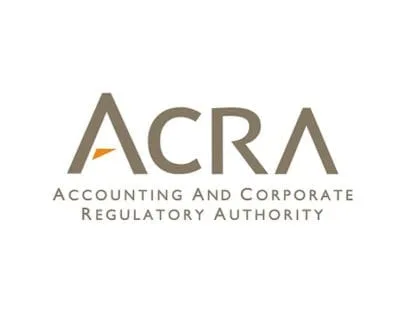- ACRA and SGX RegCo seek stakeholder input to enhance sustainability reporting in Singapore.
- Singapore’s SRAC initiates public consultation on mandatory Climate Reporting for all listed and large non-listed companies.
Singapore – The Accounting and Corporate Regulatory Authority (ACRA) and Singapore Exchange Regulation (SGX RegCo) have commenced a public consultation to gather feedback on the recommendations put forth by the Sustainability Reporting Advisory Committee (SRAC). The objective is to advance climate reporting practices in Singapore and promote sustainable development in line with the Singapore Green Plan 2030.
The recommendations proposed by the SRAC call for Listed Issuers to take the lead in reporting International Sustainability Standards Board (ISSB)-aligned climate-related disclosures (CRDs) starting from the financial year 2025 (FY2025). Following suit, large Non-Listed Companies with annual revenue of at least $1 billion will be required to report CRDs aligned with ISSB standards from FY2027. The public consultation will be open for participation from July 6, 2023, until September 30, 2023.
Recognizing the importance of climate action and transparency in reporting, the SRAC aims to uphold Singapore’s reputation as a global business hub while seizing new growth opportunities. By implementing these recommendations, companies will be better equipped to meet stakeholder expectations, including those of customers and lenders.
Established by ACRA and SGX RegCo, the SRAC is an industry-led committee entrusted with advising on the roadmap for advancing sustainability reporting practices by companies in Singapore.
Presently, only Listed Issuers in five prioritized industries are required to provide comprehensive Task Force on Climate-related Financial Disclosures (TCFD)-aligned CRDs progressively from FY2023. All other Listed Issuers adhere to TCFD guidelines on a ‘comply-or-explain’ basis.
The key recommendations made by the SRAC following consultations with over 90 participants are as follows:
a. Mandatory climate reporting from FY2025 for all Listed Issuers, including those incorporated overseas, business trusts, and real estate investment trusts.
b. Mandatory climate reporting from FY2027 for large Non-Listed Companies with annual revenue of at least $1 billion. A review in 2027 will consider the inclusion of Non-Listed Companies with revenue of at least $100 million by approximately FY2030, considering international developments, industry capacity, and the implementation experience of Large Non-Listed Companies.
c. Prescribed standards aligned with ISSB requirements for climate reporting. Both Listed Issuers and Large Non-Listed Companies should report CRDs using local prescribed standards that mirror ISSB requirements. Companies may choose to delay certain complex CRDs, such as Greenhouse gas Scope 3 emissions, for one or two years after the reporting requirements take effect.
d. External assurance requirements. Companies subjected to mandatory climate reporting should obtain external assurance on Greenhouse gas Scope 1 and Scope 2 emissions from FY2027 for Listed Issuers and FY2029 for Large Non-Listed Companies. ACRA-registered audit firms and Testing, Inspection, Certification firms accredited by the Singapore Accreditation Council will be authorized to provide the required assurance.
e. Reporting and Filing Timelines. CRDs should follow the same reporting and filing timelines as financial statements to facilitate prompt communication to shareholders and other stakeholders. Legal responsibilities will be imposed on the company, its directors, and/or officers to ensure accountability for CRDs.
Ms. Esther An, Chairperson of the SRAC, emphasized the business case for climate reporting, stating, “With more countries pledging for net zero and the rising carbon cost globally, climate strategy and reporting can help companies, listed or non-listed, to mitigate and adapt to risks in the transition to a low-carbon economy. What gets measured gets managed.”
Ms. Kuldip Gill, Assistant Chief Executive of ACRA, stressed the importance of trusted and consistent climate reporting in driving accountability and decisive actions by companies. She urged the public to actively participate in the ongoing consultation process.
Mr. Michael Tang, Head of the Sustainable Development Office at SGX RegCo, emphasized that the inclusion of Large Non-Listed Companies in climate reporting efforts would complement the progress made by listed companies. This collective endeavor will elevate reporting standards and enable Singapore corporations to contribute significantly to global sustainability goals.
The public consultation offers stakeholders an opportunity to shape the future of climate reporting in Singapore and contribute to the nation’s commitment to a green economy. The public consultation documents are open on the REACH consultation portal, ACRA and Singapore Exchange websites.
